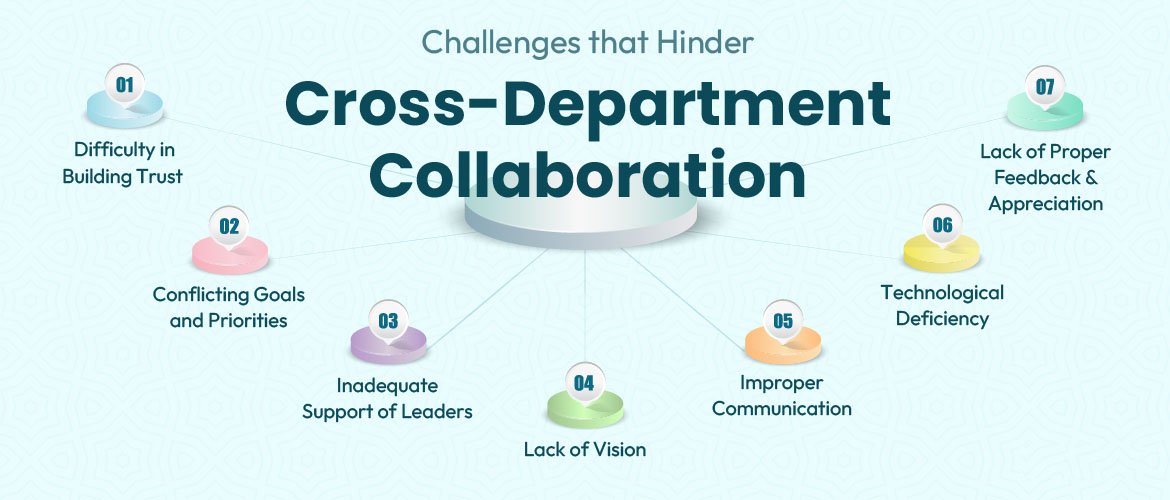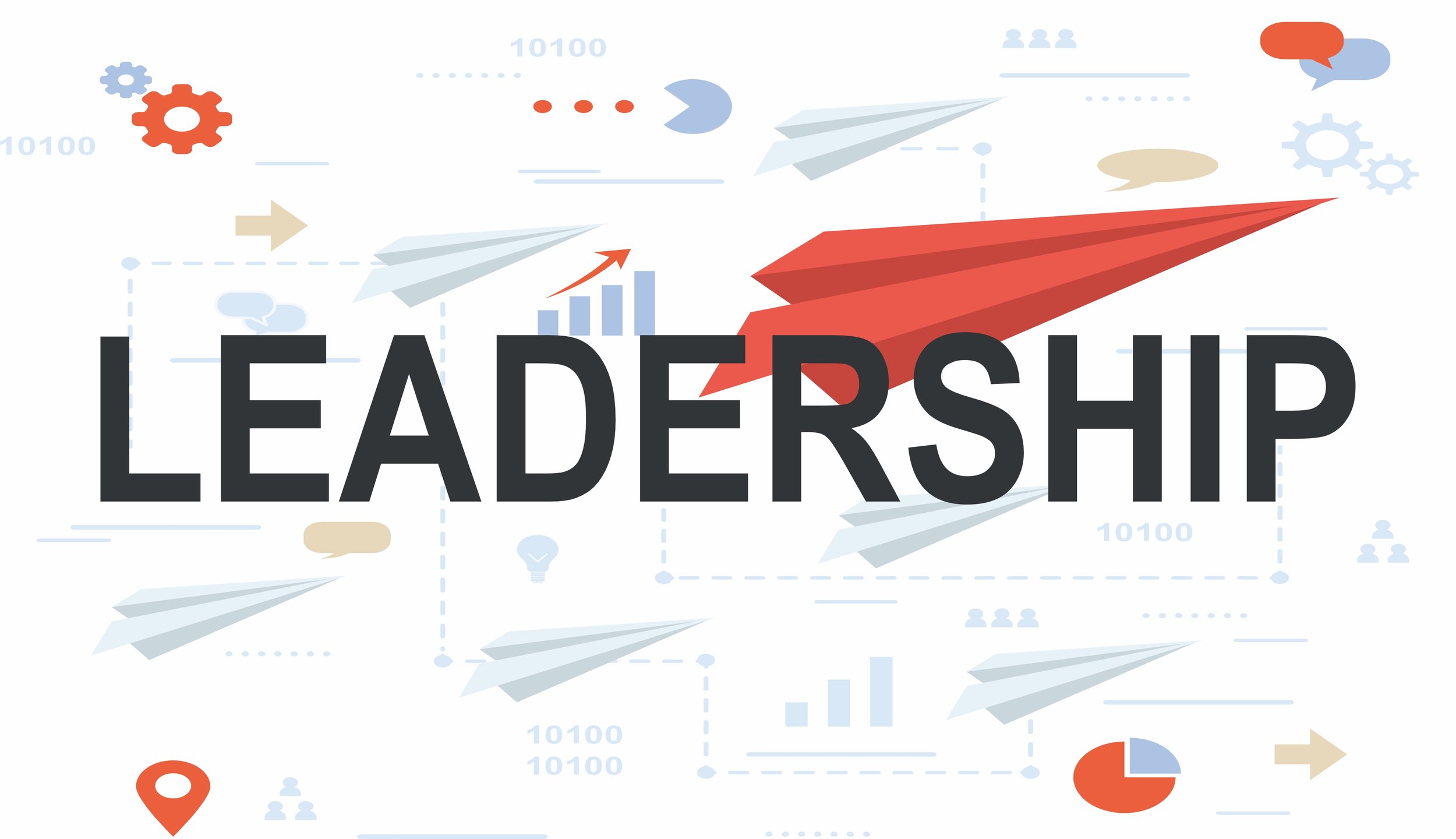Industrial Internet of Things(IIOT)
The Industrial Internet Of Things (IIoT) refers to the extension and use of the internet of things (IoT) in industries and applications. With a strong focus on machine-to-machine (M2M) communication and machine learning, the IIoT enables industries and enterprises to have better efficiency, accuracy and reliability in their operations. The IIoT encompasses industrial applications, including robotics, medical devices, and software-defined production processes. The IIoT goes beyond the normal consumer devices and internetworking of physical devices usually associated with the IoT. What makes it different is the interconnection of information technology (IT) and operational technology (OT). OT refers to the networking of operational processes and industrial control systems (ICSs).
The convergence of IT and OT provides industries with greater system integration in terms of automatic operation and optimization, as well as better visibility of the supply and demand. The monitoring, control and corrective measures of physical infrastructures in industrial operations, such as in agriculture, healthcare, manufacturing, transportation, and utilities, are made easier through the use of smart sensors and actuators as well as remote access and control.
The IIOT market is expected to be worth US dollar 110.6 billion by 2025 growing at a CAGR of 7.4% during the forecast. It is estimated that 77.3 USD photo with meaning market of industrial internet of things in 2020 and it is projected that 110.6 billion USD in 2025. The manufacturing vertical has been an early adaptor of industrial internet of things solutions to improve its production processes and it is projected to account for the largest size of the industrial internet of things market during the recession.
The intelligent communication loop setup between machines enables timely attention to maintenance issues. The safety level of the operations is also boosted by alleviating the risk factors. The Industrial Internet of Things takes the benefits of the Internet of Things in general to a higher level and also to the industries with high stakes where human error could result in massive risks. The precision level that can be achieved through the IIoT is one of the greatest advantages, which makes this discipline one of the most welcome gifts of IoT. Times are not far whereby entire manufacturing plant operations and processes could be made to operate almost independently. Moreover, the Industrial Internet of Things is used for many use cases which help us reduce the exposure of the human workforce, which will always matter, to scenarios with high industrial hazards.
Submitted By
Mr. JITENDRA PRAJAPAT
ASSISTANT PROFESSOR,
EE Department
















